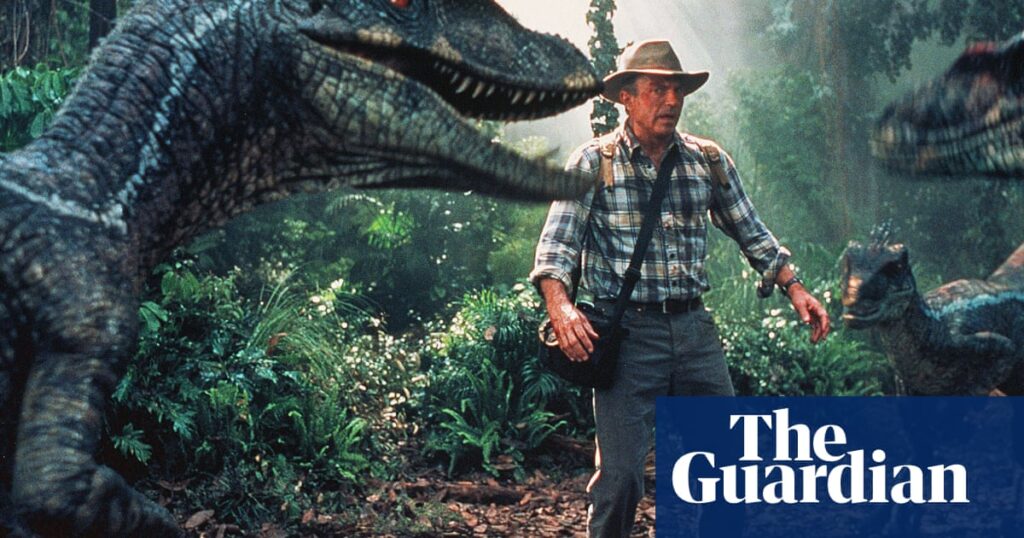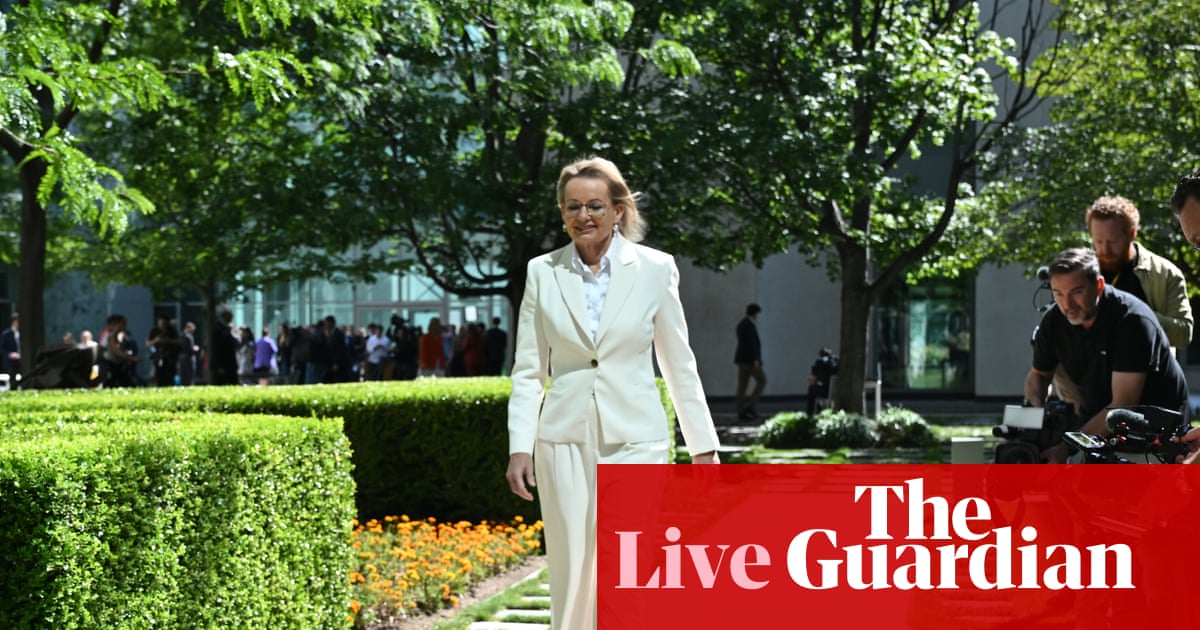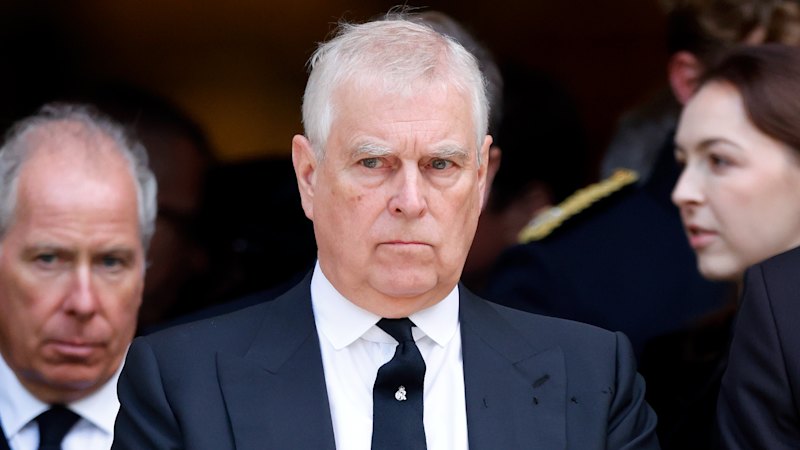
On Monday, Gareth Edwards, the director of the latest Jurassic Park installment, revealed his creative approach for the seventh film in the series. Far from groundbreaking, Edwards described his method as akin to karaoke. He immersed himself in Steven Spielberg’s iconic clips, aiming to replicate the genre’s essence. “I was trying,” he told BBC’s Front Row, “to make it feel nostalgic. The goal was that it should feel like Universal Studios went into their vaults and found a reel of film, brushed the dust off and it said: Jurassic World: Rebirth.”
The announcement comes as Hollywood continues its trend of revisiting past successes. This summer, audiences will be treated to a slew of reboots and sequels, including a new version of the 1997 slasher hit I Know What You Did Last Summer, featuring original stars Jennifer Love Hewitt and Freddie Prinze Jr. The 2025 film, however, chooses to ignore the less successful 2006 sequel, focusing instead on continuing the storyline from 1998’s I Still Know What You Did Last Summer.
August will see Liam Neeson stepping into the comedic shoes of Leslie Nielsen in a remake of The Naked Gun, and Olivia Colman and Benedict Cumberbatch will star in a new take on The War of the Roses. Meanwhile, Jamie Lee Curtis and Lindsay Lohan return for a belated sequel to their 2003 comedy Freaky Friday, and Danny Boyle revisits his zombie horror series with 28 Years Later.
The Allure of Nostalgia
Hollywood’s reliance on familiar franchises is not new, but the current wave of reboots and remakes highlights a deeper trend. According to veteran film journalist Steven Gaydos, this phenomenon reflects a cultural desire to retreat to the past. “It makes me think of that Gil Scott Heron quote,” says Gaydos. “‘Americans want to go back as far as they can, even if it turns out to be only last week. Not to face now or the future, but to face backwards’.”
This longing for nostalgia is partly driven by the demographics of decision-makers in Hollywood, many of whom came of age in the 1990s. As Edwards himself approaches his 50th birthday, he represents a generation eager to relive the pre-digital era and introduce it to their children.
Economic Realities and Risk Aversion
The move towards familiar content is also a pragmatic response to economic pressures. The COVID-19 pandemic and the 2023 strikes led to significant disruptions in the industry, with thousands of screens closing worldwide. As Robert Mitchell, director of theatrical insights at Gower Street Analytics, notes, “Playing safe is simply good business sense.”
Mitchell points to the success of sequels and adaptations like Ne Zha 2 and Lilo & Stitch as evidence of market demand for established intellectual properties (IPs). Andrew Cripps, head of theatrical distribution at Disney, acknowledged at the CineEurope convention that the top US releases of last year were predominantly sequels or based on existing IPs.
“The market reality of what consumers are looking for… you can’t generate new franchises without launching original content.”
The Challenge of Originality
Despite the success of reboots, the industry faces a dilemma: the need for fresh stories to create new franchises. Charles Gant of Screen International highlights the difficulty studios face in launching original content. “They need fresh stories and characters to launch franchises and create new sequel opportunities – but landing that plane can be hard.”
Recent attempts at originality, such as Pixar’s Elio and Steven Soderbergh’s Black Bag, have struggled at the box office. Even Bong Joon-ho’s Mickey 17, despite its star-studded cast, has failed to turn a profit.
However, there are glimmers of hope. Brad Pitt’s F1: The Movie and Ryan Coogler’s Sinners have shown that audiences still crave original stories. Yet, as Gaydos points out, these films often rely on familiar formulas and marketing strategies tied to pre-existing brands.
The Shift to Television
As Hollywood grapples with these challenges, truly original storytelling has found a new home on television. Series like The White Lotus, Severance, and Black Mirror offer audiences innovative narratives that engage with contemporary issues.
According to Gaydos, this shift reflects a broader change in the entertainment landscape. “Truly original, provocative mainstream drama which deals in recognisable human dilemmas no longer has a place in cinemas.”
Instead, streaming platforms, insulated from the pressures of box office returns, provide a space for creative experimentation. Jesse Armstrong’s Mountainhead, for example, was produced for HBO and Sky, bypassing traditional cinema releases entirely.
As the industry continues to evolve, the future of cinema may lie in a balance between nostalgia-driven blockbusters and innovative storytelling on smaller screens. While sequels and reboots dominate the box office, the demand for fresh narratives persists, offering a glimmer of hope for the future of film.







